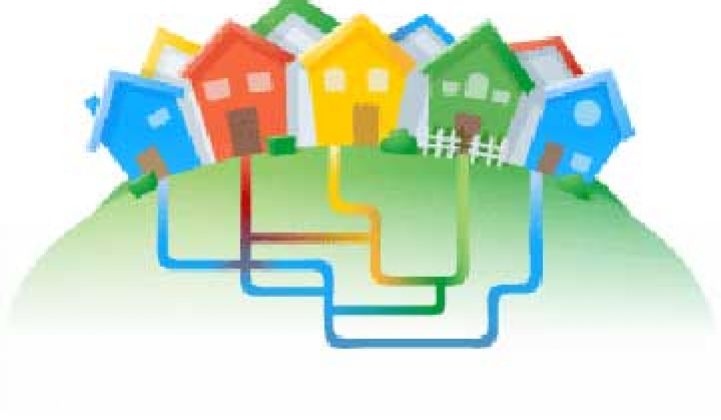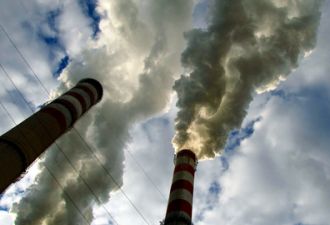Google recently extracted itself from the home energy management space when it killed PowerMeter, but that doesn’t mean the internet giant isn’t dabbling in smart grid.
Earlier this year, Google chose a community to receive its ultra-fast, one-gigabit-per-second broadband internet access. Despite the fact that Topeka, KS renamed itself “Google” for a month, the winner was Kansas City, KS, and a few months later its larger, better-known neighbor, Kansas City, MO, was also elected to receive the super fast service.
The announcement by Google touted the fact that the company will be working with the Kauffman Foundation and the University of Kansas Medical Center to develop gigabit applications, but there is also another winner: the utilities. The Kansas City Board of Public Utilities and Kansas City Power & Light will be able to leverage the superfast network for metering and potentially even distribution automation. After that, only the sky is the limit.
“Google is on a rapid pace to try to design for not only Kansas City, KS but Kansas City, MO,” said Bill Johnson, Manager Electric Operations and Technology at KCBPU. “They’re trying to size up the infrastructure they’ll be using from both utilities.” It obviously helps your case for cozying up to Google if you own the utility poles.
The cities were both already looking into smart grid projects when Google entered the picture. KCBPU, which serves approximately 65,000 electric and 51,000 water customers, had already selected Elster for smart meters and eMeter for meter data management, but Google helped to expand the public utility’s smart grid vision.
KCPBU is using Elster’s Ethernet-connected Rex3 meters to leverage Google’s networks, and Johnson said that they’re talking about building some distribution automation projects that would involve running the broadband to some places out on the grid.
As far as going into the home, eMeter will be used for customer web services for both water and electricity, although Johnson said that Google was very interested in the different utility applications that they could enable.
When Google made the announcement that it was also laying its high-speed fiber optic cables in Kansas City, MO, it was Kansas City Power & Light that was chosen as one of the key partners.
“Today is an exciting day for our company, our customers and the Kansas City region,” Mike Chesser, chairman and CEO of Great Plains Energy and KCP&L, said in a statement. “KCP&L’s electrical infrastructure, one of the most reliable systems in the United States, combined with Google’s state-of-the-art fiber optic technology, will deliver internet service at speeds unknown anywhere else. We can only begin to imagine the benefits and possibilities.”
Johnson also agreed that metering would only be the beginning. KCBPU already has net metering and is hoping to see more distributed generation around the municipality. He said he wasn’t exactly sure how Google could play a role to increase distributed generation, but said there was probably a way the company could have a hand in such a project.
Kansas City Power & Light recently finished installing its smart grid demonstration project, which includes Landis+Gyr meters, smart thermostats and a customer web portal. However, both cities are now thinking about the speed at which Google can expand and expedite the projects they’ve already started.
Johnson said that Google was as excited as the two cities were about finding ways for the local utilities to leverage the services. Details are still coming, as Johnson noted the focus now was just getting the network built. From renewable energy to electric vehicles and applications they haven’t even dreamed up, “Google is very interested in what we’re doing,” he said.



